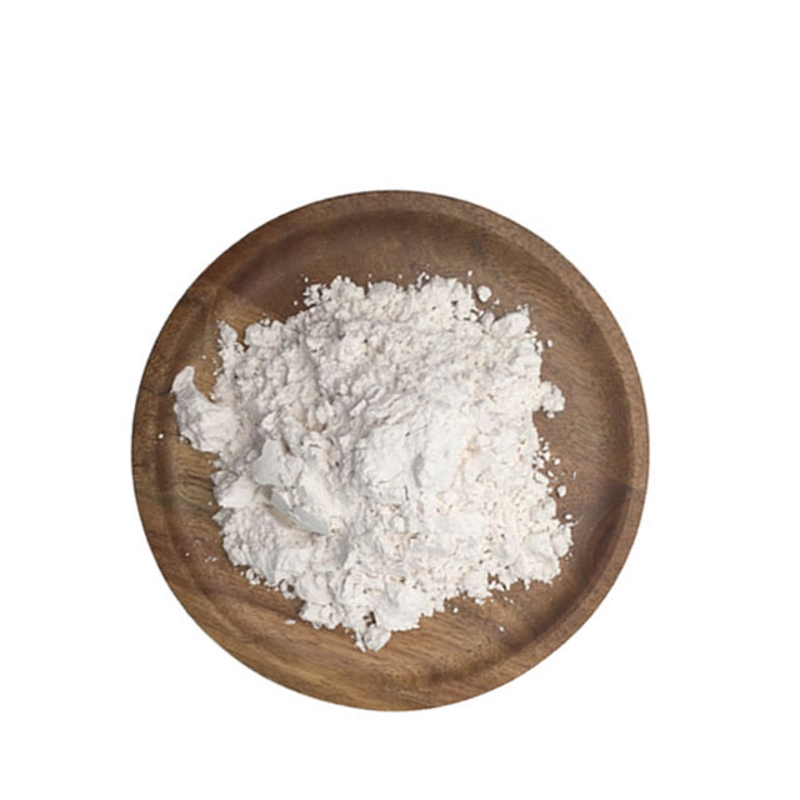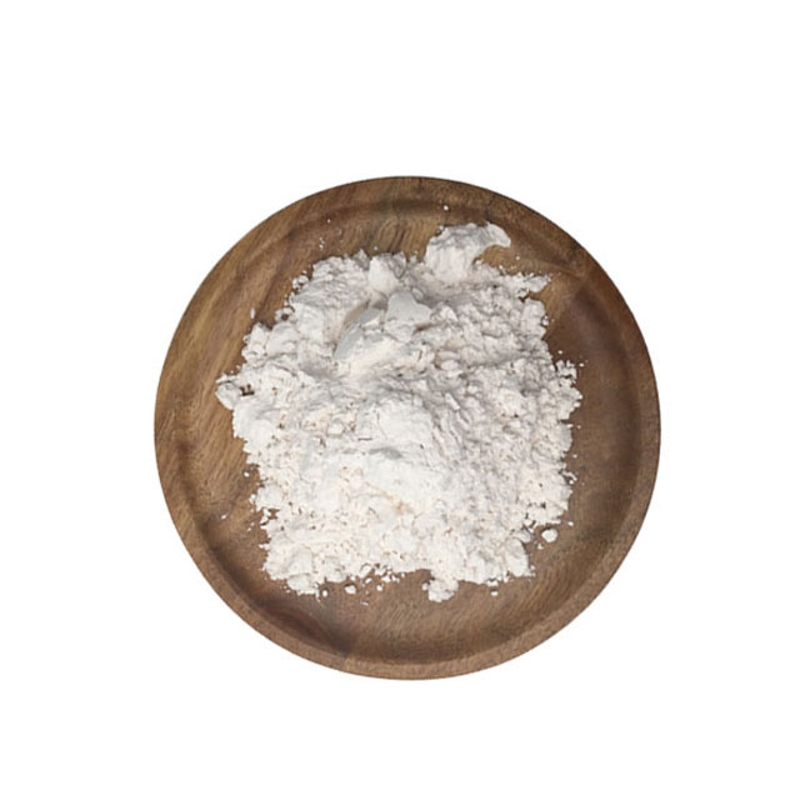-
Categories
-
Pharmaceutical Intermediates
-
Active Pharmaceutical Ingredients
-
Food Additives
- Industrial Coatings
- Agrochemicals
- Dyes and Pigments
- Surfactant
- Flavors and Fragrances
- Chemical Reagents
- Catalyst and Auxiliary
- Natural Products
- Inorganic Chemistry
-
Organic Chemistry
-
Biochemical Engineering
- Analytical Chemistry
- Cosmetic Ingredient
-
Pharmaceutical Intermediates
Promotion
ECHEMI Mall
Wholesale
Weekly Price
Exhibition
News
-
Trade Service
Preface:
The heritability rate of Alzheimer's disease (AD, also known as "senile dementia") is estimated to be between 50% and 80%, indicating that "heredity" is the most important risk factor
after "age".
All along, in the numerous identified Among the genetic variants associated with AD, APOE4 is considered the strongest risk factor for Alzheimer's disease, with alleles present in
40-50% of AD individuals.
Specifically, heredity is made Copies of APOE4 increase the risk of AD by about 3 times, and inheriting two copies increases the risk by 8 to 12 times
.
Although The interaction between APOE4-encoded proteins and amyloid is thought to play an important role in processes such as neuronal damage and cognitive decline, but exactly how APOE4 mediates these processes is still not fully understood
.
On November 16, 2022, a team led by MIT neuroscientist Li-Huei Tsai (Cai Lihui) published an article in the journal Nature that first unveiled the mystery of APOE4 triggering AD [1], that is, APOE4 It triggered oligodendrocytes, a brain cell responsible for "insulation" in the brain, to accumulate cholesterol in the wrong place, which in turn interfered with the protective ability of such glial cells to cover nerve fibers through myelin, resulting in affected electrical signaling in the brain, triggering a series of AD-related pathological phenotypes
.
We mainly analyze this article from the
researcher's topic idea.
The paper is "APOE4 impairs myelination via cholesterol dysregulation in oligodendrocytes"
.
1.
Determine the mechanism of occurrence
Before this study, Cai's team had linked this lipid change to dysfunction in other cell types, such as those that provide structural support or cells with immune function, and here the findings are directly specific to oligodendrocytes and their essential myelin function, notes Julia TCW, a neuroscientist at Boston University in Massachusetts It seems to be a puzzle process that puts all the research pieces together.
"
The team works with MIT computational biologist Manolis Kellis collaborated to analyze gene activity patterns in the prefrontal cortex of deceased people with AD, the cognitive center of the brain, and many lipid metabolic pathways were abnormal, especially the way oligodendrocytes process cholesterol, so they focused on this group of cells
.
By cultivating by CRISPR-dCas9 edited APOE3/3 and APOE4/4 iPS cell-derived oligodendrocytes, and they found that cells carrying APOE4 variants were more inclined to store cholesterol inside the cell; Correspondingly, this results in relatively little
cholesterol being excreted outside the cells for myelin formation.
2.
Look for potential treatments
Now that they found this, they thought of treating the carrier with cyclodextrin, a drug that promotes cholesterol transport Can cells with the APOE4 variant improve myelination? Unsurprisingly, they found that cyclodextrin helps restore the myelin sheath
.
Not only at the cellular level, but in carrying two copies APOE4 copies of mice can also exert such effects, and multiple behavioral experiments have demonstrated the powerful effect
of cyclodextrin in improving learning and memory in mice.
Figure 1.
APOE4 can cause impaired
myelination in humans and mice.
Figure 2
.
The study showed that cyclodextrin could indeed improve myelination and decreased learning and memory in mice.
Interestingly, back in 2020, Cyclo Therapeutics, a biotechnology company in the United States, also administered a drug formulation similar to cyclodextrin to an AD patient during clinical trials, causing the patient's cognitive function to remain stable for 18 months after taking the drug
。
3.
It opens a door with great prospects
Still, cyclodextrin may not yet be the ideal way to correct lipid imbalances in the brain, said another collaborator on the team, also a neuroscientist Leyla Akay believes that cyclodextrin is simply responsible for depleting cholesterol
from cells.
Although the best treatment has been identified, at least this latest study has included cholesterol dysregulation in the scope of
AD.
This research has also attracted widespread attention in academic circles
.
One published in a contemporaneous journal NEWS--"This is how an Alzheimer's gene ravages the brain" [2], Irina Pikuleva, a biochemist from Case Western Reserve University in Cleveland, Ohio, points out, "This study highlights the importance of cholesterol in the brain.
We now need to try all available strategies to target brain cholesterol
.
”
ScienceDaily directly shared the core results of this study with the title "Alzheimer's disease risk genes destroy the insulation of brain "circuits" [3].
It is hoped that human beings can conquer Alzheimer's disease as soon as possible, so that more elderly people and their families can enjoy the beauty
of life.







